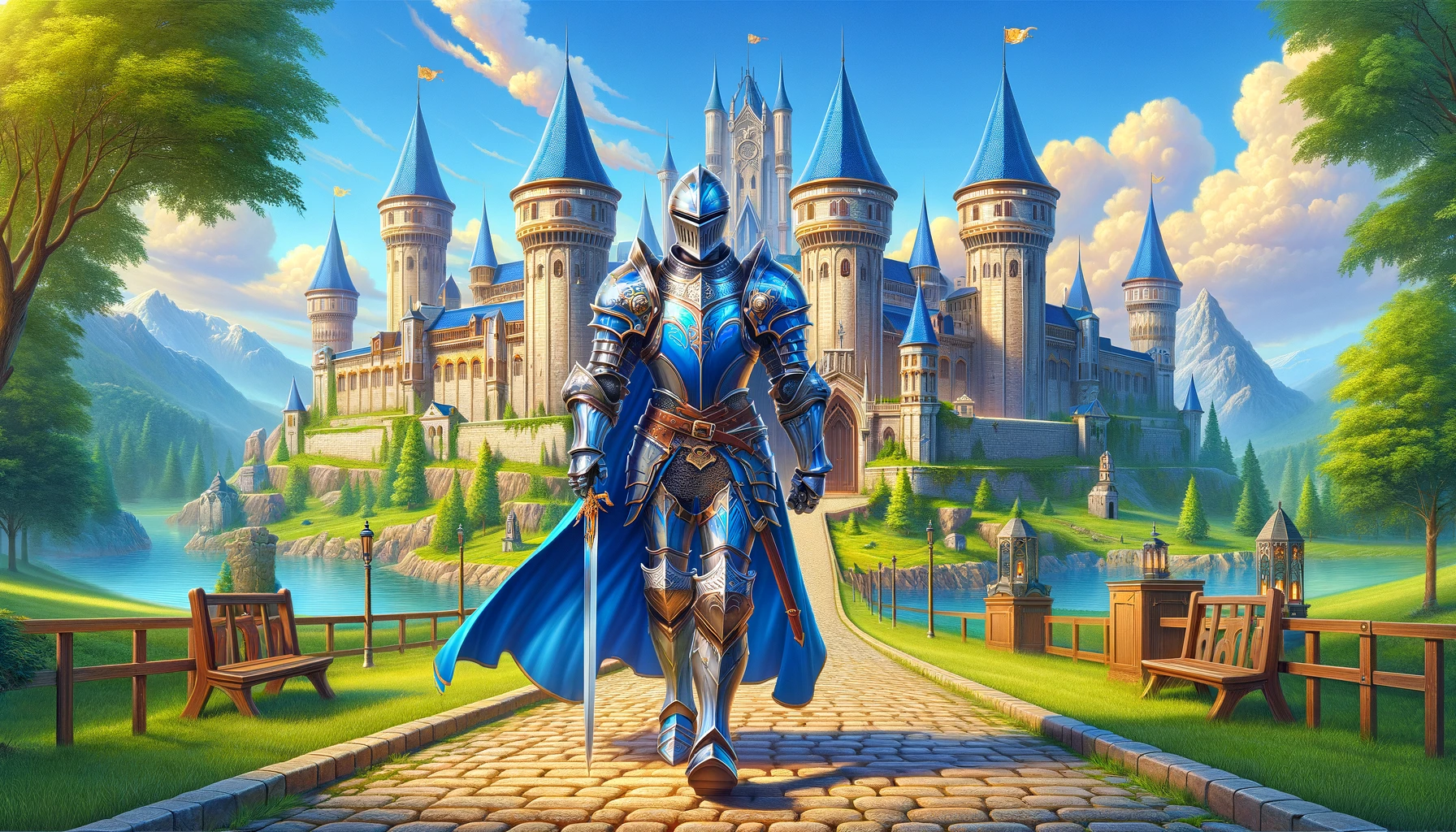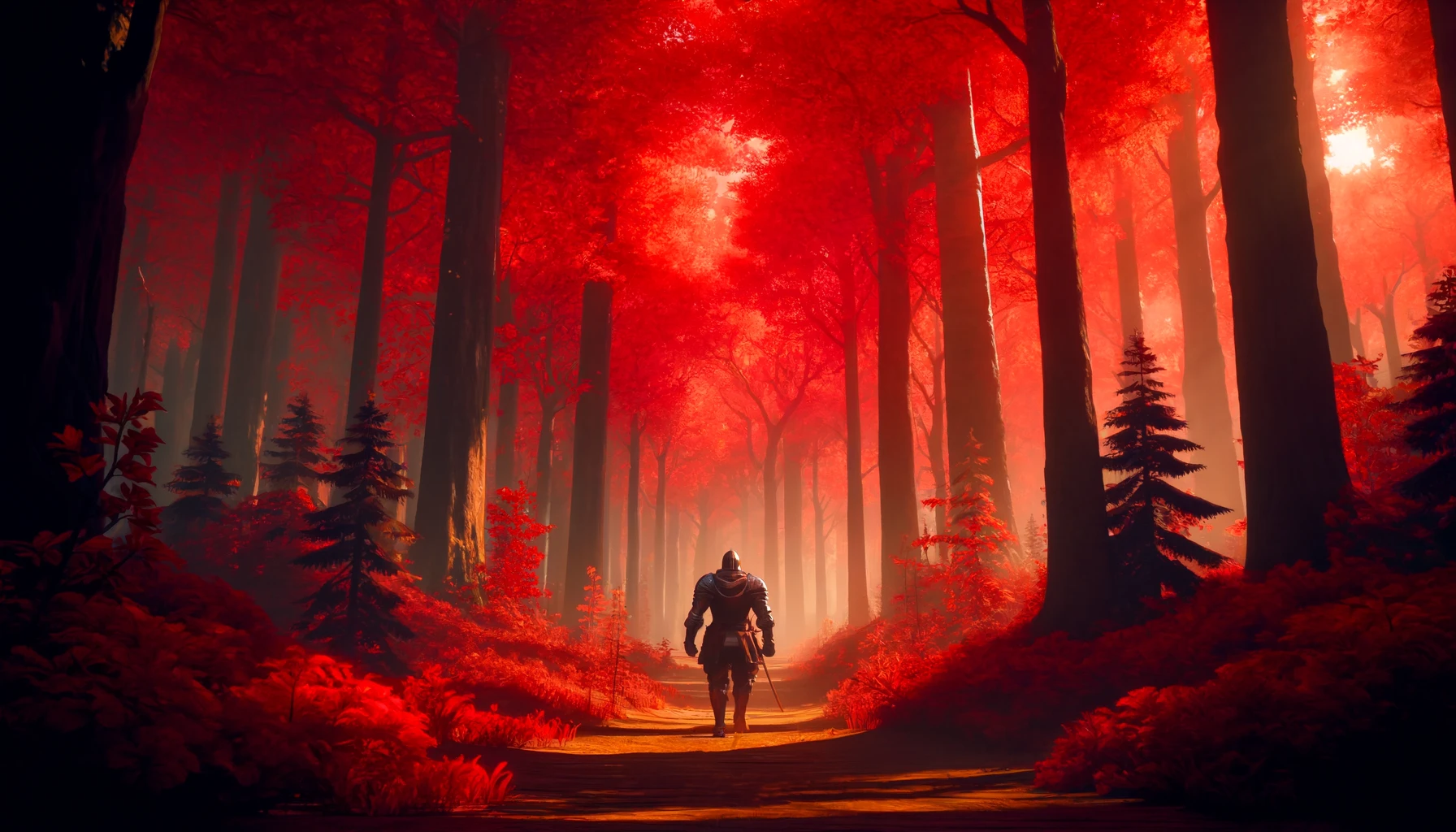The history of RuneScape private servers (RSPS) is rich and intricate, much like the MMORPG that spawned them. This in-depth exploration uncovers the origins, challenges, and evolution of these private servers. We’ll delve into their roots in the early gaming community, their legal and ethical challenges, and how they ultimately helped shape modern gaming.
Prelude: RuneScape’s Meteoric Rise
The Birth of an Icon
RuneScape’s inception began with two brothers, Andrew and Paul Gower, who sought to create a multiplayer game different from the rest. Released in 2001 as a browser-based MMORPG, RuneScape provided players with a unique blend of freedom, complexity, and adventure in a persistent online world.
The game garnered widespread popularity through its accessibility, as it was easily played within a web browser using Java. Players could freely explore the vast world of Gielinor, participate in quests, and battle formidable monsters. By 2003, RuneScape had amassed millions of players, driving Jagex to launch RuneScape 2 in 2004 with revamped graphics and enhanced mechanics.
Evolution to RuneScape 3
With the release of RuneScape 3 in 2013, the game underwent significant changes, including a graphical overhaul and the introduction of a new combat system, Evolution of Combat (EoC). This shift alienated some players who longed for the pre-EoC gameplay. They felt that RuneScape was moving away from its roots, favoring action-oriented mechanics over strategic depth.
Chapter 1: The Birth of Private Servers
Understanding the Fundamentals
Private servers didn’t appear out of thin air. They required technical know-how and passion. RuneScape was programmed in Java, which provided an easier way for tech-savvy enthusiasts to reverse-engineer the client. These early hackers wanted to dissect and replicate RuneScape’s game servers to run their own versions.
The Java client was heavily obfuscated, meaning the code was purposefully difficult to read and reverse-engineer. Despite this, players slowly cracked these defenses, unveiling how RuneScape’s server-to-client protocol worked and enabling them to develop server emulators.
MoparScape and Deobfuscation
In the mid-2000s, one of the earliest known RSPS clients, MoparScape, appeared on the scene. MoparScape not only provided tools to connect to private servers but also became a community hub for RSPS developers and players. It hosted forums filled with tutorials, guides, and shared server files.
“Deobfuscation” became a buzzword among these circles as developers sought ways to access more of the client’s source code. They wrote deobfuscation tools that allowed them to study and replicate RuneScape’s core features, giving rise to early RSPS.
Chapter 2: The Golden Age of RSPS
Diversification and Innovation
As the RSPS community expanded, servers became more diverse and creative. These servers catered to niche preferences, from high-rate servers where leveling was lightning-fast to hardcore PvP worlds where death meant losing everything. Custom items, minigames, and game modes that weren’t in official RuneScape were invented and implemented.
- Custom Servers: Servers like “Near-Reality” and “SilabGarza” added unique content that Jagex never envisioned. Players could craft new gear, battle against custom bosses, or explore new game worlds.
- Classic Servers: Some private servers, such as “2006Scape,” aimed to recreate old versions of RuneScape as faithfully as possible. These often followed updates from specific years, offering “snapshot” experiences of what RuneScape was like at those times.
- Economy-Driven Worlds: Servers like “SoulSplit” emphasized a balanced economy, where players could accumulate wealth through commerce and trading.
Competitive Culture
A sense of competition thrived in the RSPS community. Developers raced to create servers that attracted the most players by promising stability, regular updates, and exclusive features. This competitive environment propelled the quality and complexity of private servers, turning many into sophisticated ecosystems with their own lore, economies, and dedicated player bases.
Chapter 3: Challenges and Legal Conflicts
Intellectual Property Concerns
Naturally, Jagex wasn’t pleased with the proliferation of private servers that used their intellectual property (IP). They argued that RSPS violated their copyrights and trademarks. These concerns weren’t unwarranted, as many servers directly replicated RuneScape content.
Jagex pursued several legal actions against server operators. This led to the shutdown of several prominent servers, yet others quickly re-emerged under new domains. The RSPS community developed a “whack-a-mole” approach to maintaining their servers.
Security and Moderation Issues
RSPS often struggled with stability and security issues. As unofficial software, these servers were susceptible to crashes and exploits. Moderation was another major challenge, as some RSPS environments were plagued with hacking, botting, and other malicious activities.
Chapter 4: Modern-Day RSPS
Nostalgia and Accessibility
Despite Jagex’s legal challenges, RSPS persisted and grew in popularity. This was largely due to a yearning for nostalgia among older RuneScape players. Many private servers focused on recreating the old RuneScape experience pre-Evolution of Combat. Players who missed the “good old days” of RuneScape 2 could dive into private servers to relive their favorite gaming moments.
Technological Advancements
The RSPS landscape also improved technologically. Modern servers are far more polished and secure than their predecessors, with better code management, DDoS protection, and community moderation. Some private servers even use original content to create entirely new and unique gaming experiences.
Chapter 5: The Influence on Official RuneScape
Perhaps the most significant legacy of RSPS is their impact on Jagex. In 2013, Jagex launched Old School RuneScape (OSRS) as an official response to the community’s demand for the classic RuneScape experience. This version effectively captured the 2007-era RuneScape that many RSPS had tried to emulate. OSRS incorporates player feedback directly through community polls, a feature reminiscent of private servers’ grassroots development process.
Beyond that, Jagex has also introduced various game modes, including Ironman Mode and Group Ironman, which have clear roots in RSPS.
Conclusion: The Ever-Evolving Legacy of RSPS
RuneScape private servers aren’t just a technical marvel or a nostalgia trip. They represent a passionate subculture of gamers who yearned to have a direct influence on their favorite MMORPG. RSPS shaped and guided the future of RuneScape itself, proving that fan-driven creativity can help shape the development of even the most iconic games.
Though they faced legal and technical challenges, RSPS remain an enduring testament to the power of a dedicated gaming community. They embody the spirit of innovation and the desire for creative control. The world of RSPS continues to thrive, balancing classic nostalgia with groundbreaking features, all while paying homage to RuneScape’s storied legacy.



